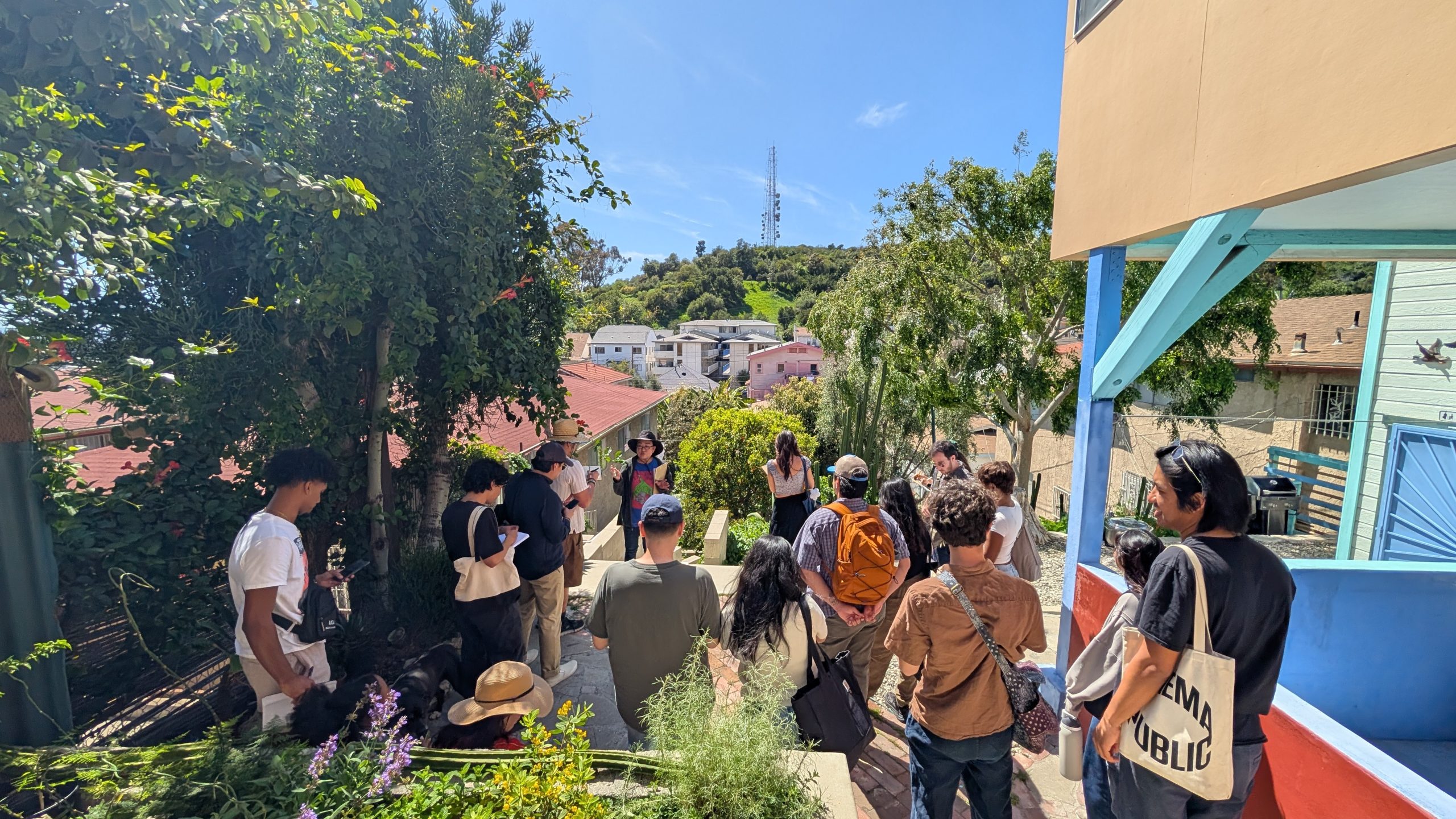
Housing insecurity shines light on need for California rental data
by Bret Weinberger
A state assembly member spoke about her interest in a statewide rental registry that would collect basic information on rental units during a Jan. 5 webinar, which was part of the Housing, Equity and Community Series, a joint UCLA endeavor from the Lewis Center for Regional Policy Studies and the Ziman Center for Real Estate.
With an eviction crisis looming, California lacks an important tool — data about rental units and its most vulnerable renters. For state policy to be most effective, Assembly member Buffy Wicks of Oakland, who twice proposed rental registry bills, said that landlords should provide basic facts (e.g., rents, occupants, vacancies, evictions) about their units to the state, which can then publish this information in an online database known as a rental registry. As it stands today, state officials cobble together data from private sources, Wicks said.
“As I have been trying to figure out what are the most precise ways we can target resources — how can we figure out new zoning laws, how can we figure out where to address more needs of our homeless community, all of these vexing questions — we need to ensure that we have evidence-based policymaking, and that relies on data,” Wicks said.
The event also included Catherine Bracy, executive director of TechEquity Collaborative, and moderator Shane Phillips of the Lewis Center.
The conversation touched on how registries could play a role in addressing housing insecurities that many Californians face because of the pandemic, but also due to long-standing issues such as lack of affordable housing and income inequality. Among the most vulnerable are renters, thousands of whom face evictions in the coming months unless policies are enacted to stop them.
Wicks, who proposed rental registry bills in 2019 and 2020 that were defeated, wants the state Department of Housing and Community Development to create an online registry that collects and publicly publishes price and eviction data for all rental units in California. Many cities across the state have established such registries, and private companies, namely Apartments.com, collect such data, but Wicks pointed out that this was neither enough for the state government to work with nor a transparent way to share information with the public. The assembly member said that the state needs to ensure that information about trends in the rental housing market was readily available to all Californians.
Bracy of TechEquity Collaborative brought up information asymmetry between renters and landlords; in short, renters cannot effectively advocate for themselves.
“Tenant advocates, tenants themselves, and legal aid lawyers don’t have access to the same level of information that could actually empower them to hold bad landlords accountable,” Bracy said.
“Making a registry that is public isn’t just about some relationship between the state and the landlord — it also gives the tenants some power to say, ‘That’s actually not what my rent was,’ or for a tenant advocate to say that it looks like this landlord is really taking advantage of their tenants.”
Phillips, Lewis Center housing project manager, asked about the main barriers to a statewide registry, such as landlord and realtor lobbying groups, privacy concerns and excessive bureaucracy.
Wicks said that because many rental property owners had received state funds from pandemic relief bills, they should be obligated to give relevant data to the state. In regards to privacy, she said that the data is already out there and that the goal was to ensure that it was complete, accurate and freely available.
As for the increased bureaucratic red tape: “It’s a two-page form that takes five minutes to do,” Wicks countered.
The discussion concluded with Wicks and Bracy calling for support from Southern Californians to pass a future bill. While some well-known Bay Area legislators had publicly backed the previous bills, Southern California renters have as much, if not more, to benefit from the existence of a statewide registry, they said.



